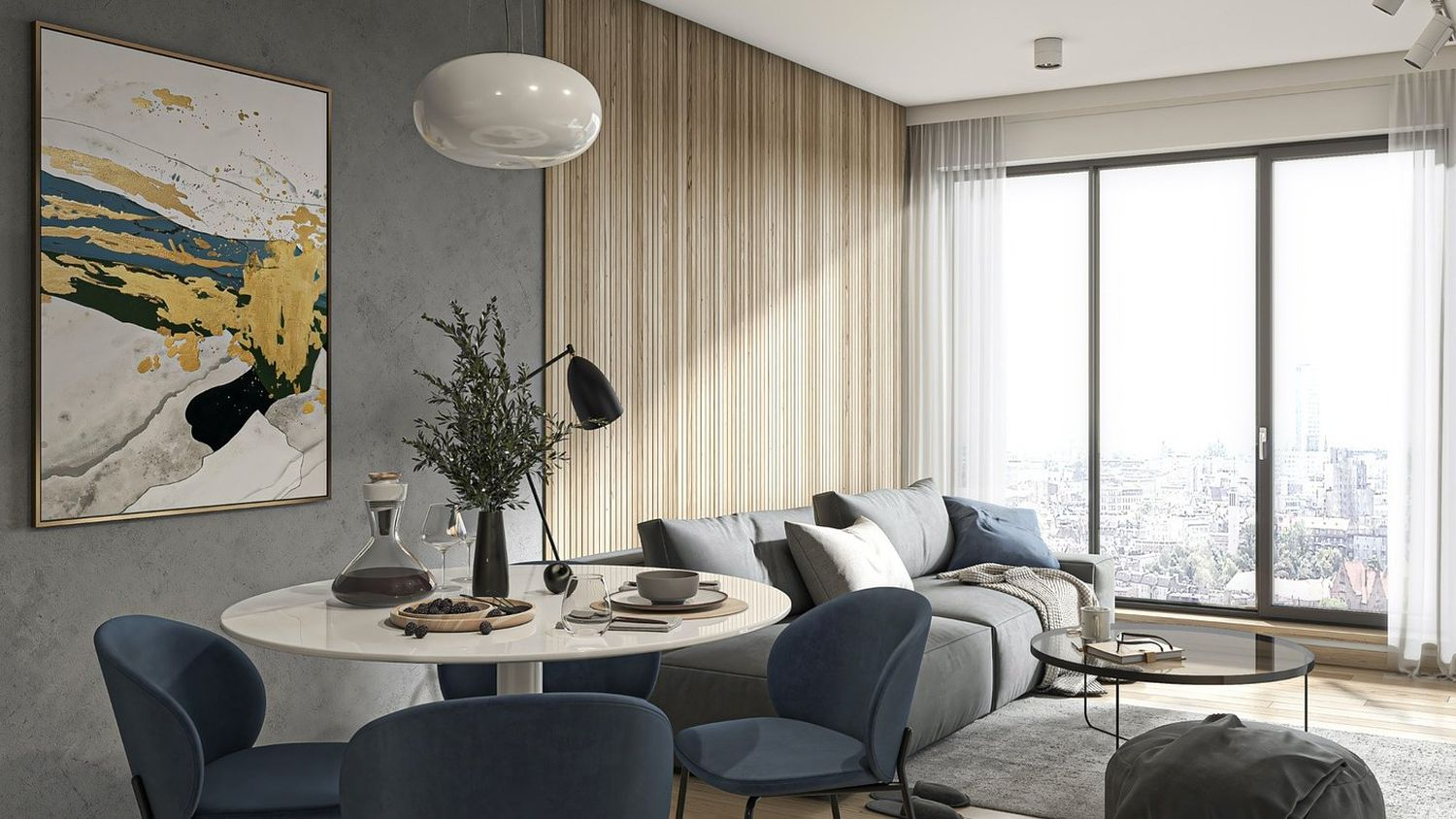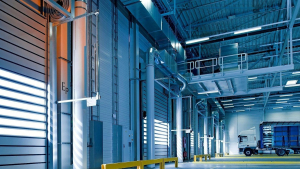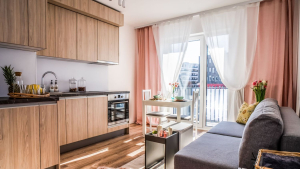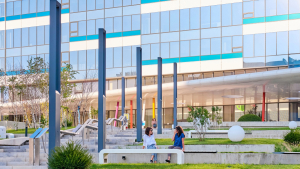
After Cavatina Group S.A. separated the residential development business from the entity responsible for the construction and management of a portfolio of PRS projects, with Resi Capital S.A. and Cavare S.A. taking over respective roles, the latter company is preparing to launch its first investments. The company announces its presence primarily in the markets of Warsaw, Wrocław, Gdańsk, Kraków, and Poznań, a secured pipeline of circa 1.6k units.
Cavare S.A. is a new entity that is 100% owned by Cavatina Group S.A. Over the course of 5 years, Cavare plans to build and make available for long-term rental up to 10,000 apartments in multiple cities in Poland. This year the company states to start projects not only in markets where Cavatina Group has been present for years, like Wrocław, Gdańsk and Kraków, but also in Poznań.
"Despite the headwinds in the market, currency and interest rate volatility, we see renewed interest from international investors in the sector, and we are one of the only platforms that can offer a fully integrated build-to-rent offer with a fixed-price turnkey delivery, from land to lease, with investment & operational management solutions provided via Cavatina International”, says Jason Drennan, CEO of Cavatina International from Cavatina Group.
Polish rental market overview
From the macro perspective, there is a structural deficit of 1.5 million housing units in Poland with the lowest number of rooms per person in the EU, and 4th highest in terms of overcrowding. Poland has also over a million registered migrant workforce from Ukraine, Belarus, Georgia, Pakistan & India. Moreover, there is a similar urbanisation trend as we see internationally – migration of younger Poles to larger cities, and cultural change in attitude from owning to renting. Poland also has the 4th largest student population with 1.4 million with an estimated 275k foreign students. This is the demand side of the equation that is chronically under-supplied with 1 million units as rental stock with 1% deemed institutional.
"Due to higher interest rates, a new build is significantly down, as is a new institutional investment into the PRS market. Higher rents have been an unwanted consequence of this, which of course affects affordability negatively. Overall vacancy in the entire market was 1-2% by the end of 2022. This is the opportunity we see at Cavare in launching multiple projects all over Poland’s cities”, says Jason Drennan, CEO of Cavatina International from Cavatina Group.
Investors perspective
How does the Polish market look like in comparison to others? Markets such as Netherlands & Germany have a well-established institutional base of operating assets, which creates investor confidence around financial factors such as rents & yields but also strong operational history.
"Emerging markets such as Ireland & the UK, comparable to some extent to Poland, have attracted investors quicker probably because of more certainty on currency, and now have more operational history than Poland. That said each of those markets now has its own headwinds, construction cost inflation & regulation in Ireland for example, so in my opinion, Poland offers more reward per unit of risk and the ability to scale quicker under a well-funded business plan. Overall sentiment is positive as investors understand there is a chronic shortage of modern comfortable housing generally across the market, and an under-supply of institutionally managed rental housing”, states Jason Drennan.
As the expert points out, unlike other sectors such as offices, hotels, retail & logistics, the PRS sector is a PLN investment market, and for institutional investors who are obliged to hedge their non-EURO/USD investments, this is currently problematic. As the spread between interest rates in Poland and the eurozone and US narrows, hedging becomes less costly, and this should open the door for further investment into the sector.
New build presents more risk for investors, especially in light of recent inflationary pressures here. But investors can de-risk this by working with strong development companies such as Cavare under what’s called forward purchase contracts. Here, investors can influence unit mix, design and specifications under a fixed price contract. And at Cavare this is our focus. And for investors who will want exposure to the sector but do not want to create an operational platform, we offer such fully integrated support via Cavatina International,” says Jason Drennan.



